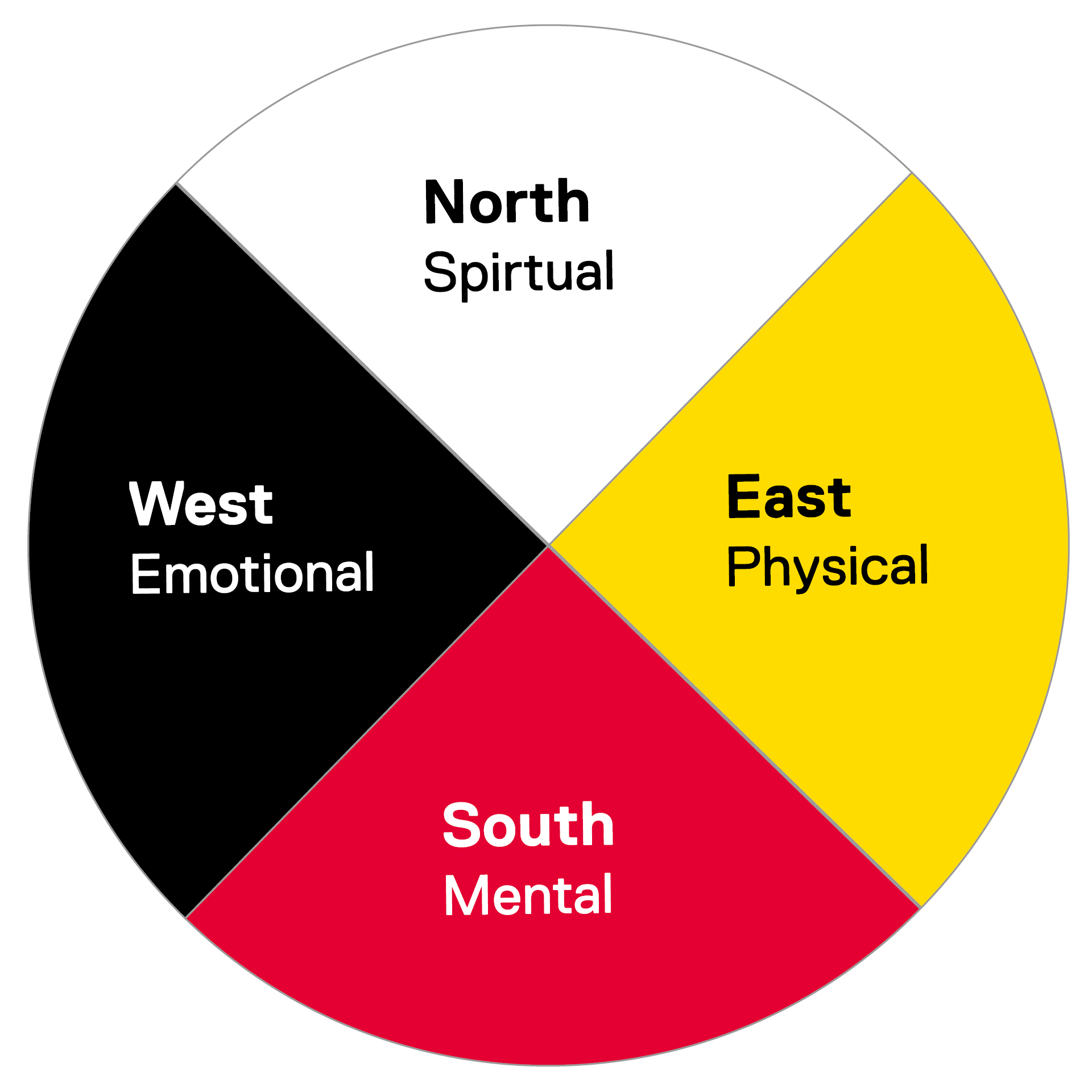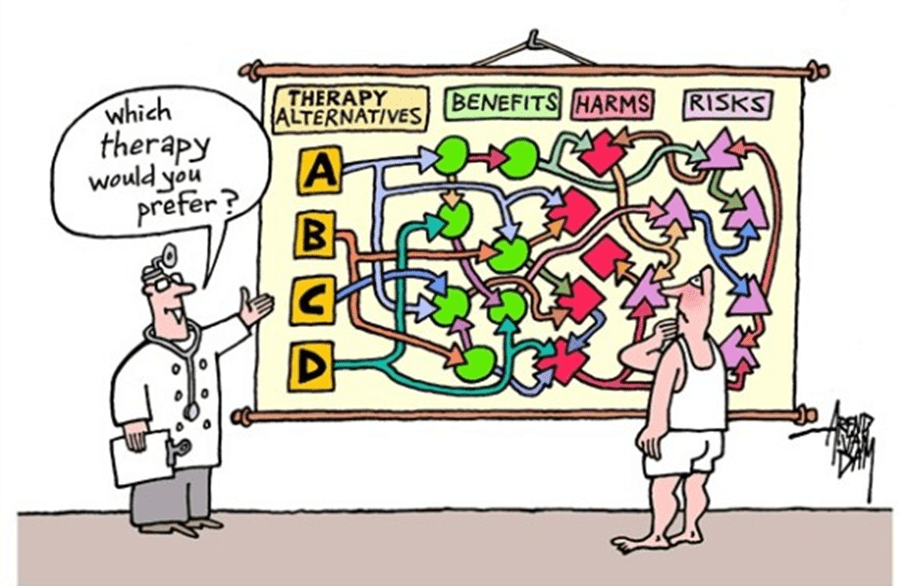Research framework advocates for decolonizing methodologies by centering Indigenous knowledge systems & resisting dominant Western paradigms.
Decolonizing methodology
Approach for exploring and understanding the meaning individuals or group ascribe to a social or human problem.
Qualitative Research
Term for using multiple data sources or methods in research to ensure validity.
Triangulation
Research paradigm that focuses on addressing social justice issues, aiming for research to empower marginalized communities & create societal change.
Transformative Theory
This data collection method involves asking questions within a pre-determined thematic framework.
A semi-structured interview
This research approach involves collecting both quantitative & qualitative data.
Mixed-methods research
Epistemological stance assumes that knowledge is constructed through human interactions and shared meanings.
Social Constructivism
A type of qualitative data analysis that focuses on interpreting the core narratives from a study group's personal stories.
Narrative Analysis of stories
Research paradigm that is oriented toward solving practical problems by using a blend of different research strategies.
This process reduces qualitative data into categories or themes for analysis.
Coding
Approach emphasizes the interconnectedness of all living things and the importance of community in Indigenous research methodologies.
Relationality
An approach for testing objective theories by examining the relationship among variables.
Quantitative research
Quantitative method for summarizing and synthesizing existing literature.
Systematic review
This research paradigm focuses on understanding how people construct knowledge in their specific contexts.
Constructivism
Principles that establish how First Nations data should be collected, protected, used, or shared.
OCAP®
(Ownership, Control, Access & Possession)
Process is used to bring together results from both Qual & Quan methods for a comprehensive understanding.
Data integration
In post-positivism, this ontological stance suggests reality can only be understood imperfectly.
Critical realism
This symbol serves as a holistic methodology, emphasizing the interconnectedness of physical, mental, emotional, and spiritual well-being in understanding human experience & guiding research.

The medicine wheel
Involves generating theory directly from data without a pre-existing hypothesis, emphasizing constant comparison
Classical grounded theory
DAILY DOUBLE ----Name the type of research / methods this researcher engaged in that may (or may not) have been mixed methods research. 
What is "ethnography"?
An instrument to collect data from the participants, render a voice for the participants, understand the data, and provide informed commentary
The Researcher
This is the study of how we know what we know, or the theory of knowledge.
Epistemology
In this method, qualitative methods are used first to examine the issue and then followed by quantitative data collection.
Exploratory sequential mixed methods
Research paradigm that critiques positivism and recognizes that we can never fully achieve perfect knowledge of reality.
Post-positivism
This cartoon demonstrates the absence of which ethical research practice?

Informed consent